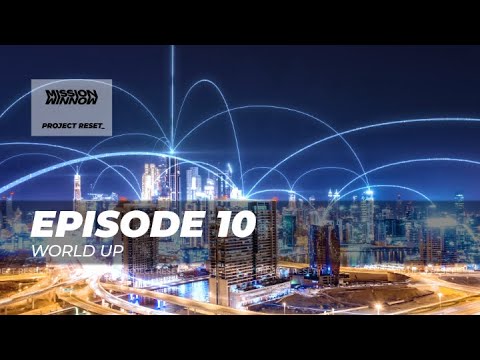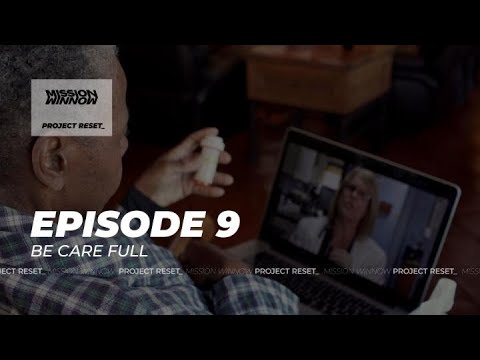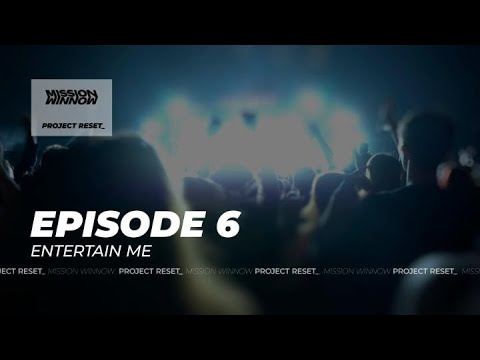Catch up on our Open Mic discussion on the role of facts in challenging conventional wisdom and creating better outcomes

Project reset_
Produced 2020 | 1 Season | 10 Episodes | Video Articles
Challenging conventional wisdom with fact based approaches
In the first of our online Open Mic sessions in partnership with The Economist Events, we brought together three leading figures of different industries to discuss conventional wisdom, and the role of facts and evidence in challenging that wisdom to create better outcomes. The contributors were Poppy Gustafsson—CEO of Darktrace, the first company to have used AI in cyber-security; Will Moy—Chief Executive of Full Fact, a UK based independent fact-checking charity; and Jacek Olczak—CEO of Philip Morris International.
Perhaps one of the most striking things about this discussion was the speed at which the conversation moved from facts to the central issue of trust. Facts and evidence are, the panelists agreed, hugely important but it’s so often the provenance of said ‘facts’ which is instrumental in assessing their veracity. Without a trustworthy source, the information is held to be tainted, but with ever more sources of information how can we judge which sources are to be trusted?
Science of course, features a defense mechanism against misinformation in the form of peer review, and independent replication of tests. Jacek Olczak opined that this mechanism enables us to think objectively about the evidence before us, even if the source is not one we instinctively trust. Speaking about his experience he reported: “I’m very often confronted with the statement ‘Why should I trust your science?’, and I always reply, ‘science as such doesn’t belong to anybody.’” He went on to note: “Science is about a set of objective methods, measurement systems etc., and it is the subject of verifications by others…It’s not about trusting us. It’s about confirming and re-confirming that the science is right.”
But if the source of information is not a guarantee of accuracy, how can we test claims? Will Moy discussed the importance of researching upstream of a claim to find the fact that originated it, and checking whether the evidence is being used fairly: “Fact checking is about giving people a better choice between blind faith or blind cynicism…It’s about tracing, if you like, the provenance of the information behind the claim and showing that to people to let them make up their own minds.” This is surely of immense importance in the digital age, when media outlets abound and we may have little idea of their agenda or biases. Poppy Gustafsson concurred with the importance of whittling claims in this way, noting that abundance itself can pose a big problem. “…in that state of too much noise, people stop listening, and then you go with gut instinct rather than anything based in facts.” In effect, an overwhelming surfeit of information is tantamount to paucity of information.
One of the difficulties in sifting through information for kernels of truth is the time this process inevitably takes. A quote, often misattributed to Mark Twain, posits that “A lie can travel halfway around the world before the truth can get its boots on.” Given that this quote originated long before the advent of the internet, this may understate the scale of the problem today. Claims are more abundant and can spread faster than our ancestors could ever have imagined. Olczak noted that as identifying and verifying the truth takes time, ‘conventional wisdom’ can act as a sort of mental holding pattern, until enough research has been done for people to make an ‘educated’ decision. And unfortunately, if seeking the truth proves too laborious, some may choose to stay in that holding pattern.
But the knock-on implications of this reticence to engage with the information can be grave. Moy offered a firm rebuke for policy-makers stating that “Senior decision makers in politics and government settle for an appallingly low level of data and information, and I am constantly stunned by how low their expectations are.” And while our ability to collect and assimilate vast amounts of data in almost real-time has increased exponentially, policy makers’ appetite for using that data has not, he believes, kept pace. Pointedly, he alluded to how different the national government response to Covid-19 may have been, had they not been relying on high-level, very general national data—or as he put it: ‘flying blind.’
An insightful and perhaps slightly counter-intuitive intervention was made by Gustafsson, when she asked, “Is there a risk that facts, and fact-based processes have a way of reinforcing conventional wisdom in a way that isn’t necessarily positive?” Referring to a hypothetical example of gender correlating with academic achievement in certain subjects, she wondered whether an over-reliance on facts could allow data to be seen as prescriptive rather than descriptive. It may reinforce preconceptions and thereby perpetuate imbalances. “Sometimes there’s a good habit in challenging those facts,” she continued, “and I worry that if we’re too closely aligned to looking at the facts, then we’re less likely to challenge those preconceptions.”
While some of the problems discussed could be attributed at least in part to technological changes, the panel remained buoyant about the future. Gustafsson and Moy both pointed to AI as a vitally important tool in identifying truth against a noisy backdrop—a topic that we will look at in more detail in another of our articles. Gustafsson told us: “Done right, using AI you can really see through the noise, to the facts.”
Meanwhile Moy predicted that “…for the next ten or twenty years, we are going to be debating the right balance between avoiding and reducing harm and freedom of expression. We’ve just had a massive democratization of communications technology, and every time that happens—whether it’s writing, or printing, or television—there is a public policy response about how to handle that. We are in the early stages of that debate.” He cautioned against well-intentioned overreaction and counselled that people have proven time and again throughout history that they could be trusted with complex information.
Judging by this first Open Mic discussion, the debate going forward is going to be lively, far-reaching, and incredibly enlightening. There’s much more to come, and you won’t want to miss it—trust us!
more content we think you'll like
-
Project RESET_

Episode 10 World Up!
Across our Project Reset series, we have asked what the future could look like if we take these past few months of adversity as an opportunity to make positive changes, tackling everything from healthcare, to social media, mental health, consumerism, sports and entertainment with the help of experts in their field.
-
Project RESET_

Episode 9 Be Care Full
As the world moves through a global health crisis, the issue of health care has been under the spotlight around the world.
-
Project RESET_

Episode 6 Entertain Me
When it comes to global entertainment, the pandemic has created a real paradox.